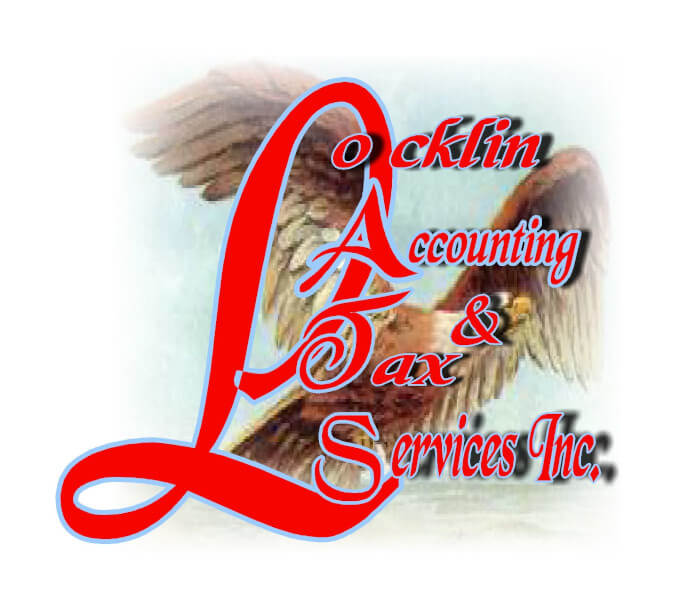Closing a business is never an easy decision to make. Nonetheless, it’s sometimes necessary and not all that uncommon. If you find yourself in this situation, there are number of steps you should take to shut down your business in an orderly manner and ensure that the IRS knows that your business should no longer be taxed.
-
File a final tax return. You must file a final return for the year you close your business. The type of return you file – and related forms you need – will depend on the type of business you have:
-
Sole proprietor filing requirements. If you were a sole proprietor, you should file Form 1040 (or Form 1040-SR) Schedule C (Profit or Loss From Business) with your individual tax return for the year that you close your business. You may also need to file Form 4797 (Sales of Business Property) if you sell or exchange business property, Form 8594 (Asset Acquisition Statement) if you sell your business, and/or Form 1040 Schedule SE (Self-Employment Tax) if you have net earnings of $400 or more from your business.
-
Partnership filing requirements. If your business was a partnership, you must file Form 1065 (U.S. Return of Partnership Income) for the year you close your business. When you file, you must report capital gains and losses on Form 1065 Schedule D, check the “final return” box, and check the same box on Schdule K-1 (Partner’s Share of Income, Deductions, Credits, Etc.). You may also need to file Form 4797 (Sales of Business Property) if you sell or exchange business property, or Form 8594 (Asset Acquisition Statement) if you sell your business.
-
Corporation filing requirements. If your business was organized as a corporation, you must file Form 966 (Corporate Dissolution or Liquidation) if you plan to dissolve the corporation or liquidate any of its stock. If your business was a C corporation, you must also file Form 1120 (U.S. Corporate Income Tax Return) for the year you close the business, check the “final return” box on your return, and report capital gains and losses on Form 1120 Schedule D. If your business was an S corporation, you must file Form 1020-S (U.S. Income Tax Return for an S Corporation) for the year you close the busines, check the “final return” box on your return, report capital gains and losses on Form 1020-S Schedule D, and check the “final return” box on Schedule K-1 (Shareholder’s Share of Income, Deductions, Credits, Etc.). Both C corporations and S corporations may also need to file Form 4797 (Sales of Business Property) if you sold or exchanged business property, or Form 8594 (Asset Acquisition Statement) if you sold your business.
-
-
Take Care of Your Employees If you have one or more employees, you must pay them any final wages and compensation owed. You must also make final federal tax deposits and report employment taxes. If you don’t withhold or deposit employee income, Social Security and Medicare taxes, you may face penalties.
You must also provide a Form W-2 (Wage and Tax Statement), to each of your employees for the calendar year in which you pay them their final wages. Generally, you furnish copies B, C and 2 to the employees. You file Form W-3, Transmittal of Income and Tax Statements to transmit Copy A to the Social Security Administration.
Finally, if your employees received tips, don’t forget to file final tip income and allocated tips on Form 8027 (Employer’s Annual Information Return of Tip Income and Allocated Tips).
-
Pay the tax you owe. If you or your business owe taxes during your business’s final year, you have pay those taxes just like every other year.
-
Report payments to contract workers. If you’ve paid any contractors at least $600 for services (including parts and materials) during the calendar year in which you close your business, you must report those payments on Form 1099-NEC (Nonemployee Compensation).
-
Cancel your EIN and close your IRS business account. The employer identification number – or EIN – assigned to your business is the permanent federal taxpayer identification number for that business. To cancel your EIN and close your IRS business account, you need to send us a letter that includes the complete legal name of the business, the business EIN, teh business address, and teh reason you wish to close the account.
-
Keep your records. How long you need to keep your business records depends on the type of record. Property reocrds should generally be retained for as long as you can ammend your tax return for the year in which you disposed of the property. Employment tax records hould be kept for at least four year.
Properly closing a business can be just as much work as organizing a new one. If you need help or advice when closing your business, please contact our office. We would be happy to point you in the right direction.
This article carries no official authority, and its contents should not be acted upon without professional advice. For more information about this topic, please contact our office.
